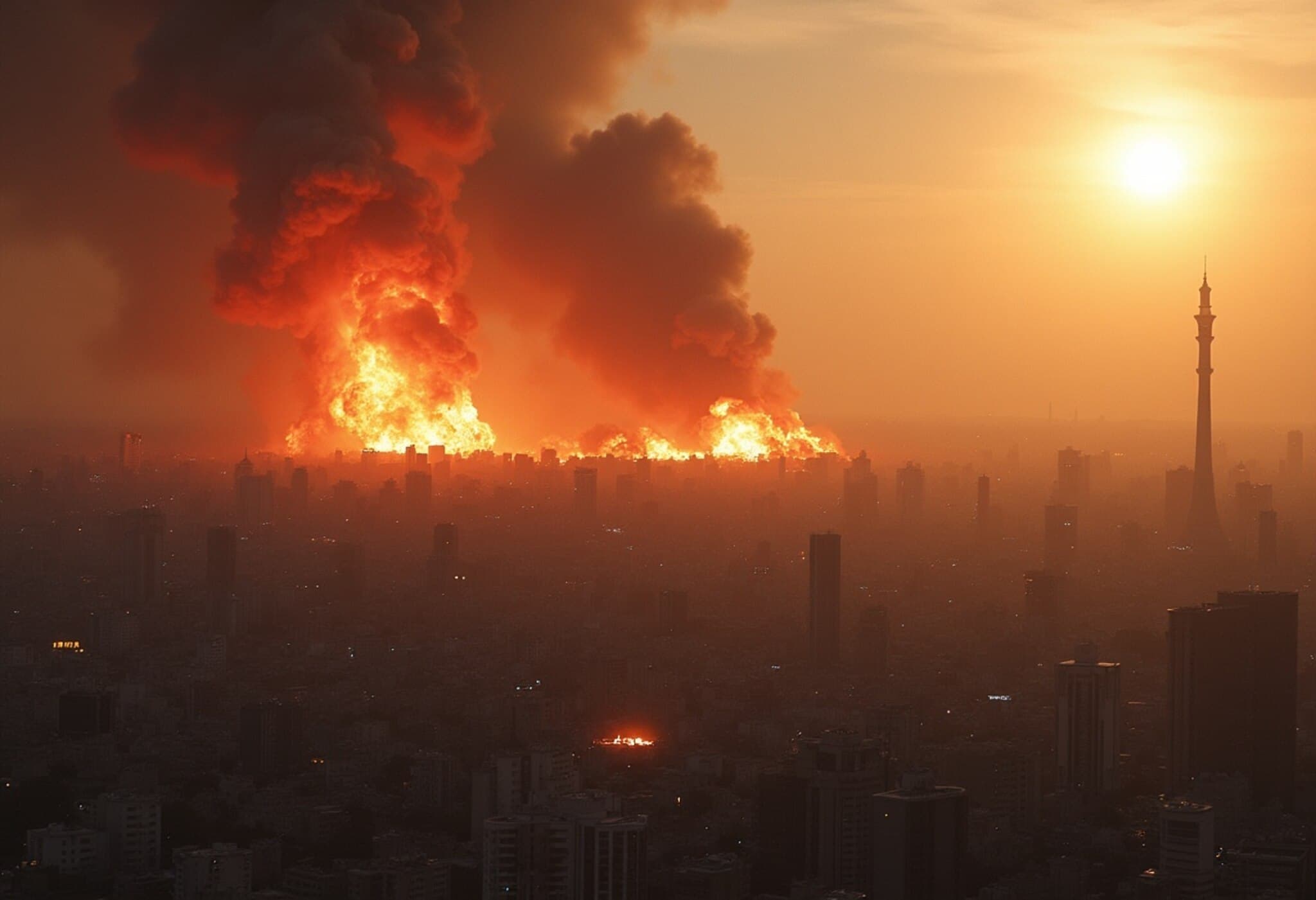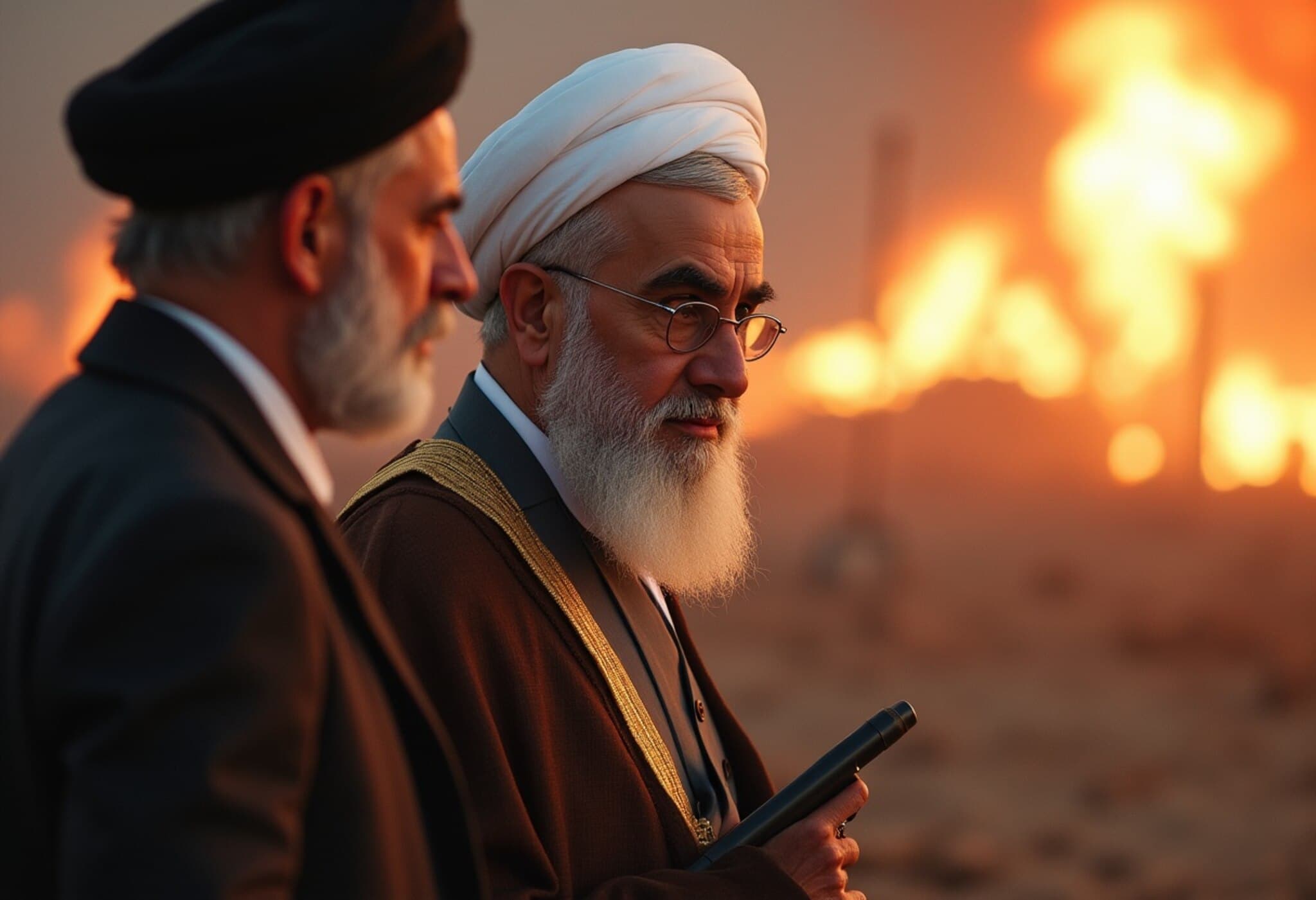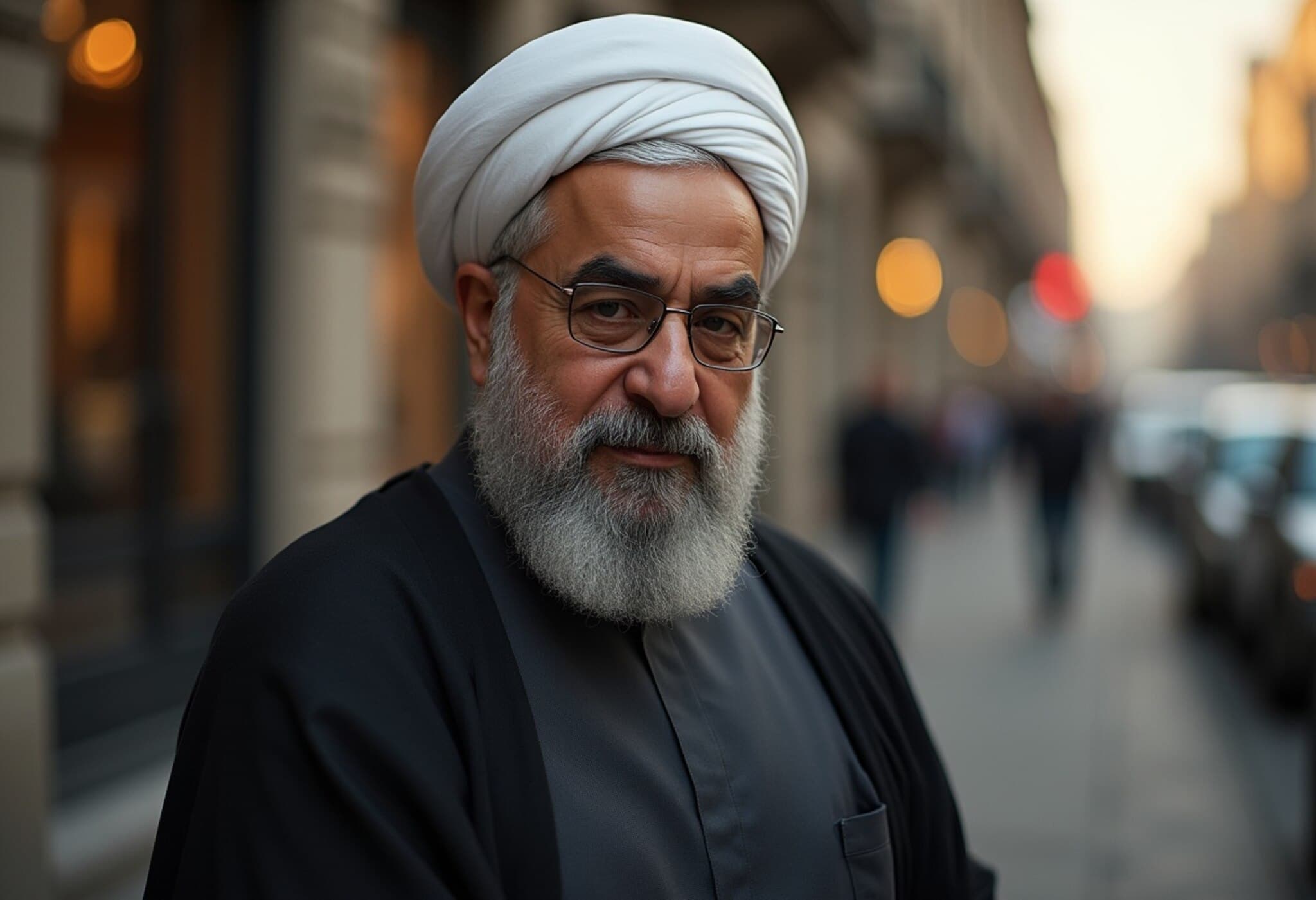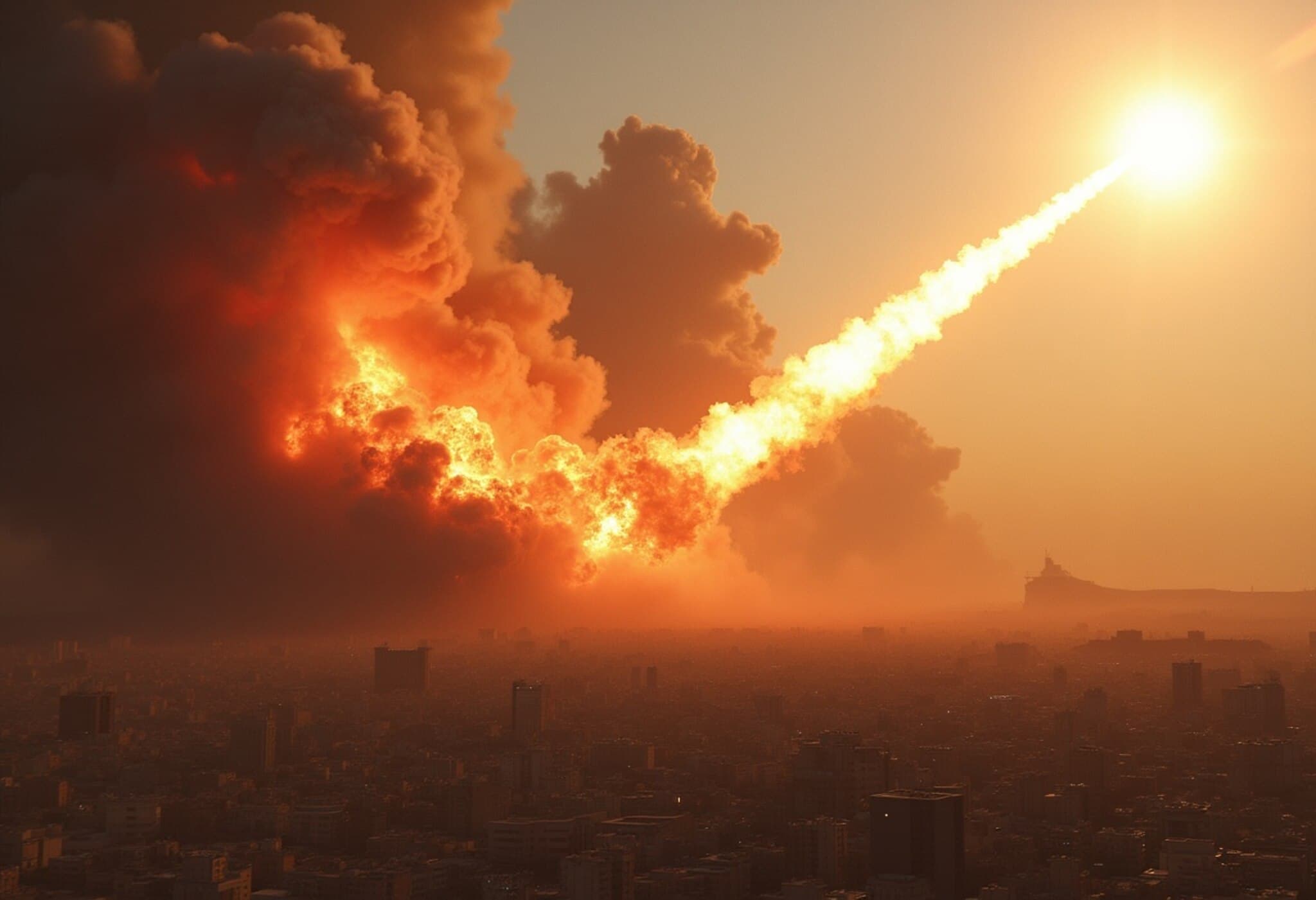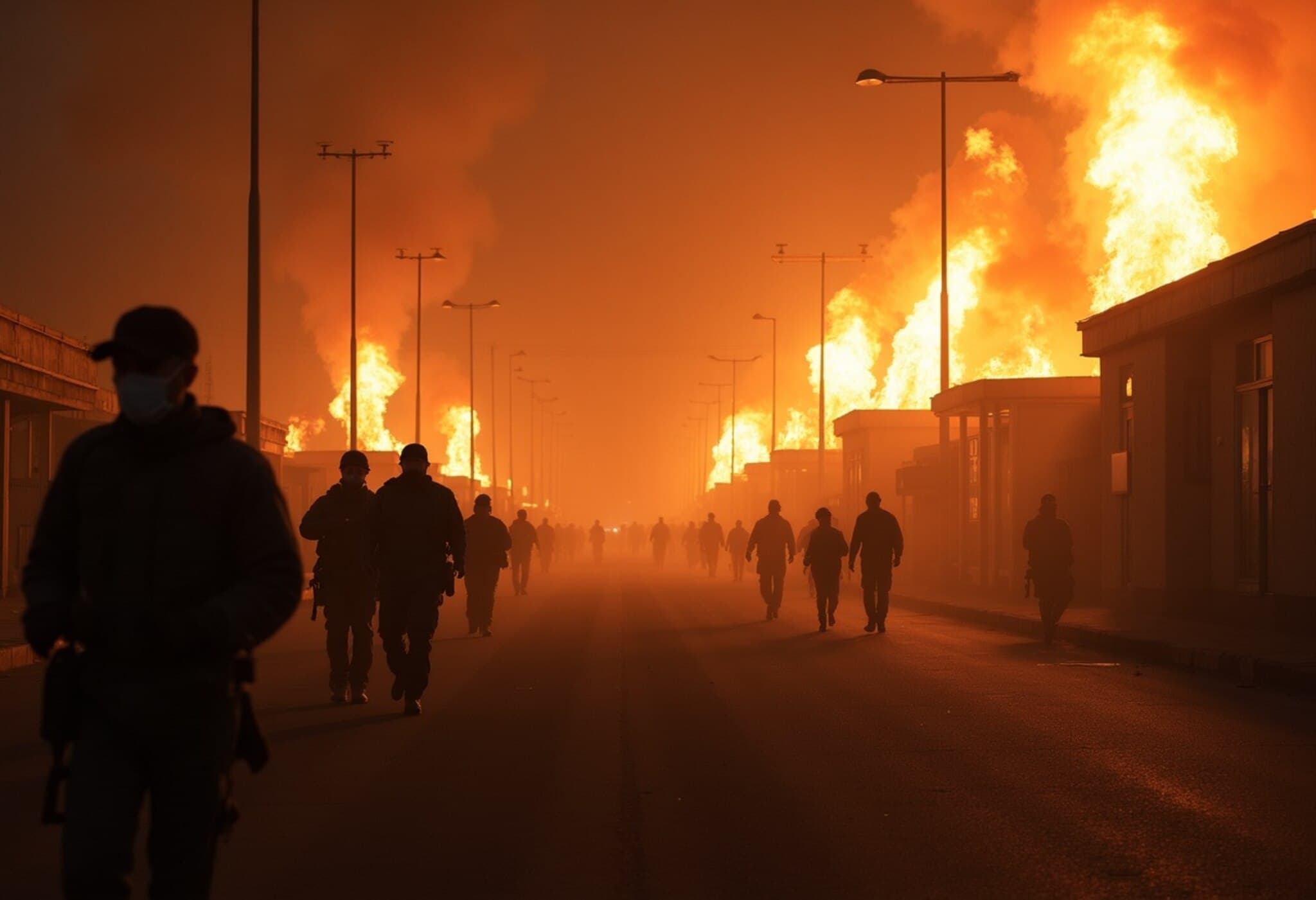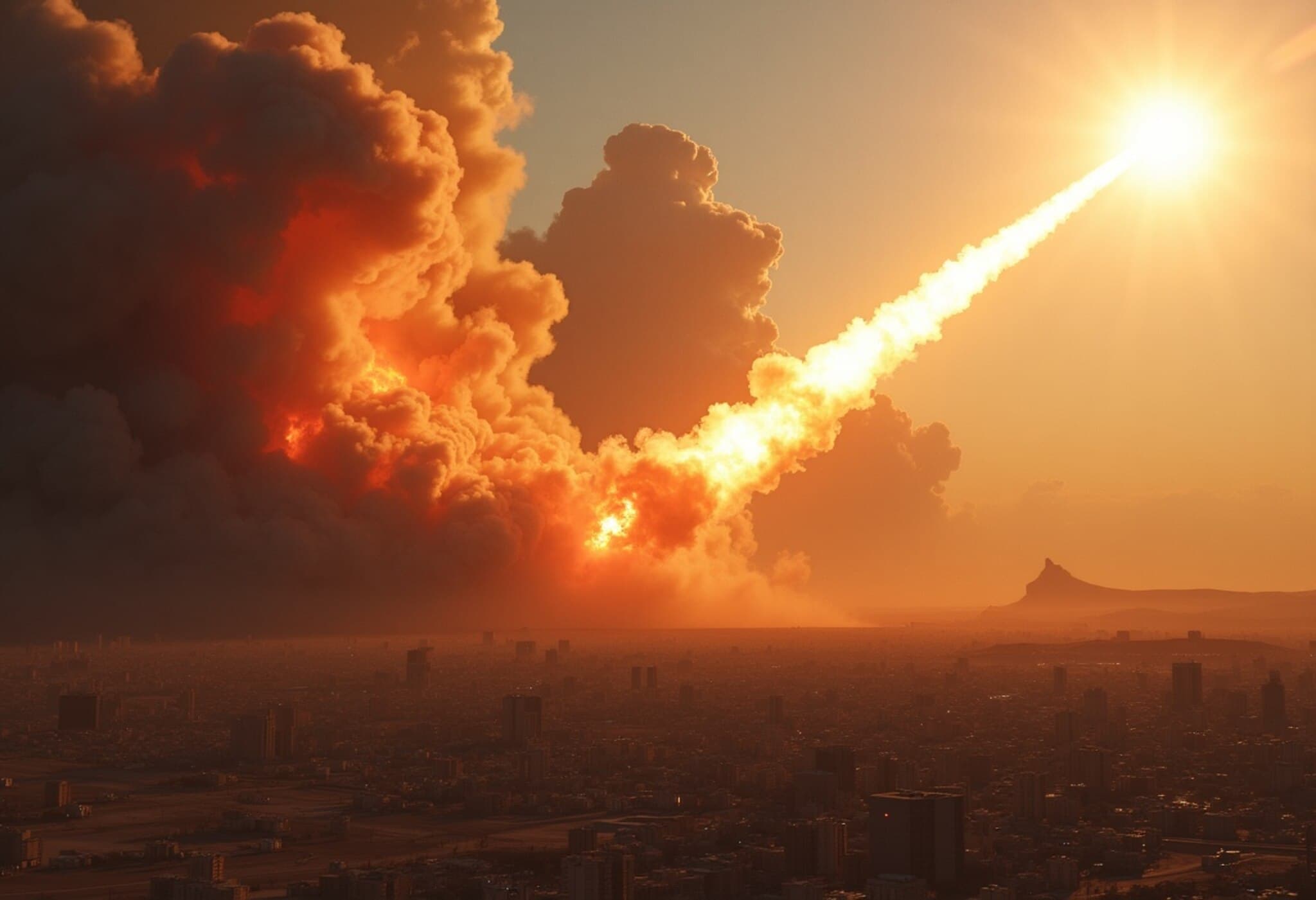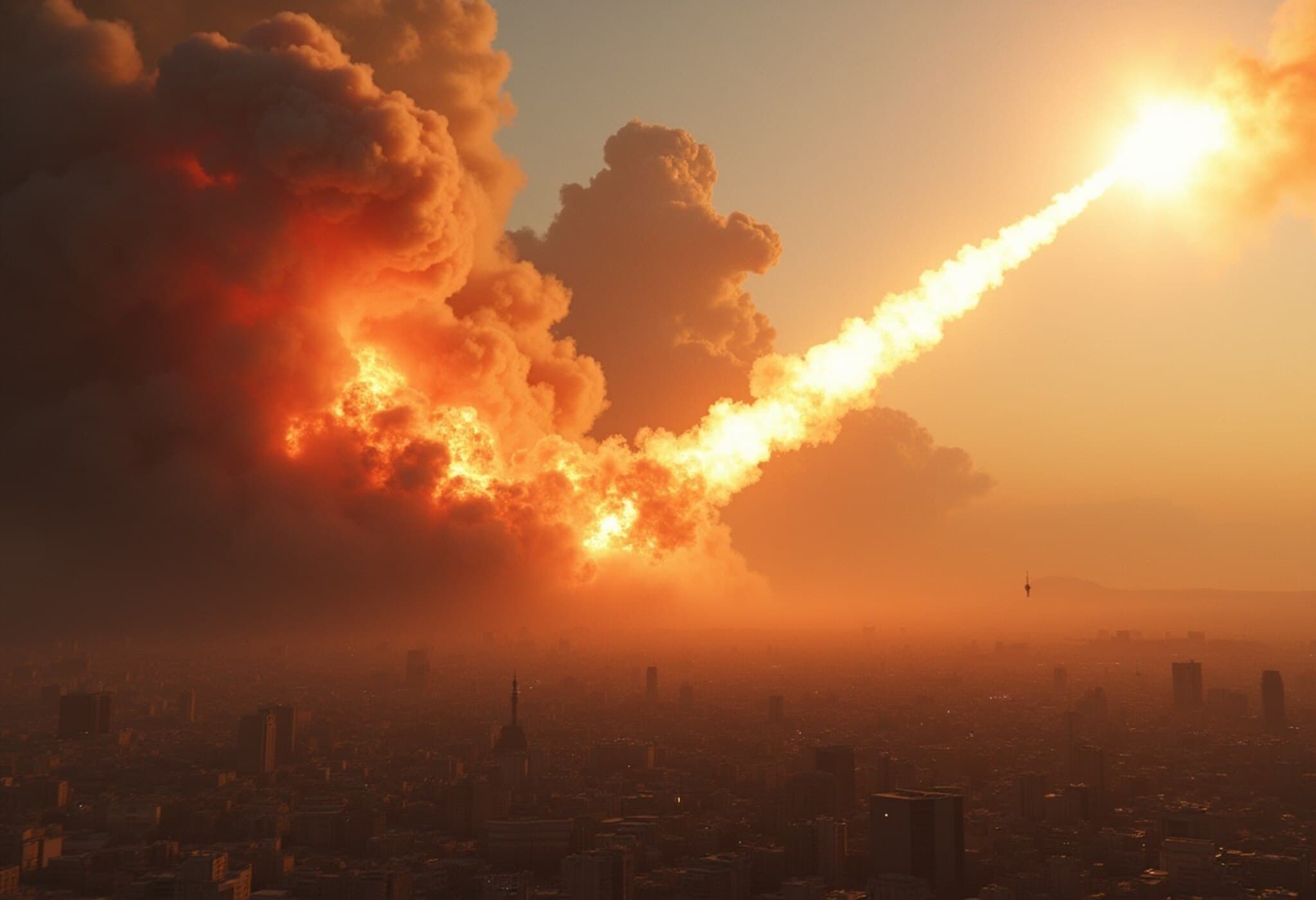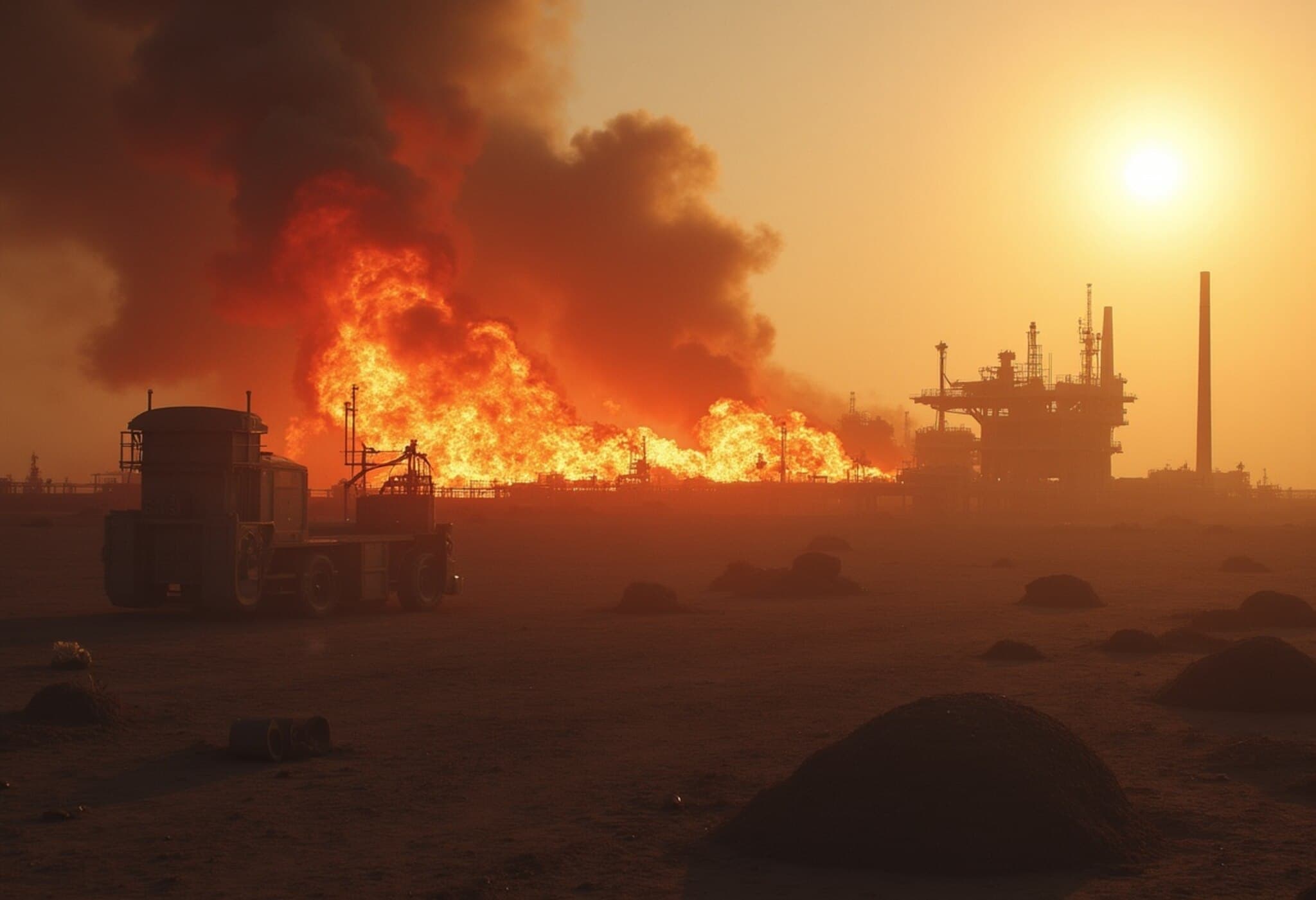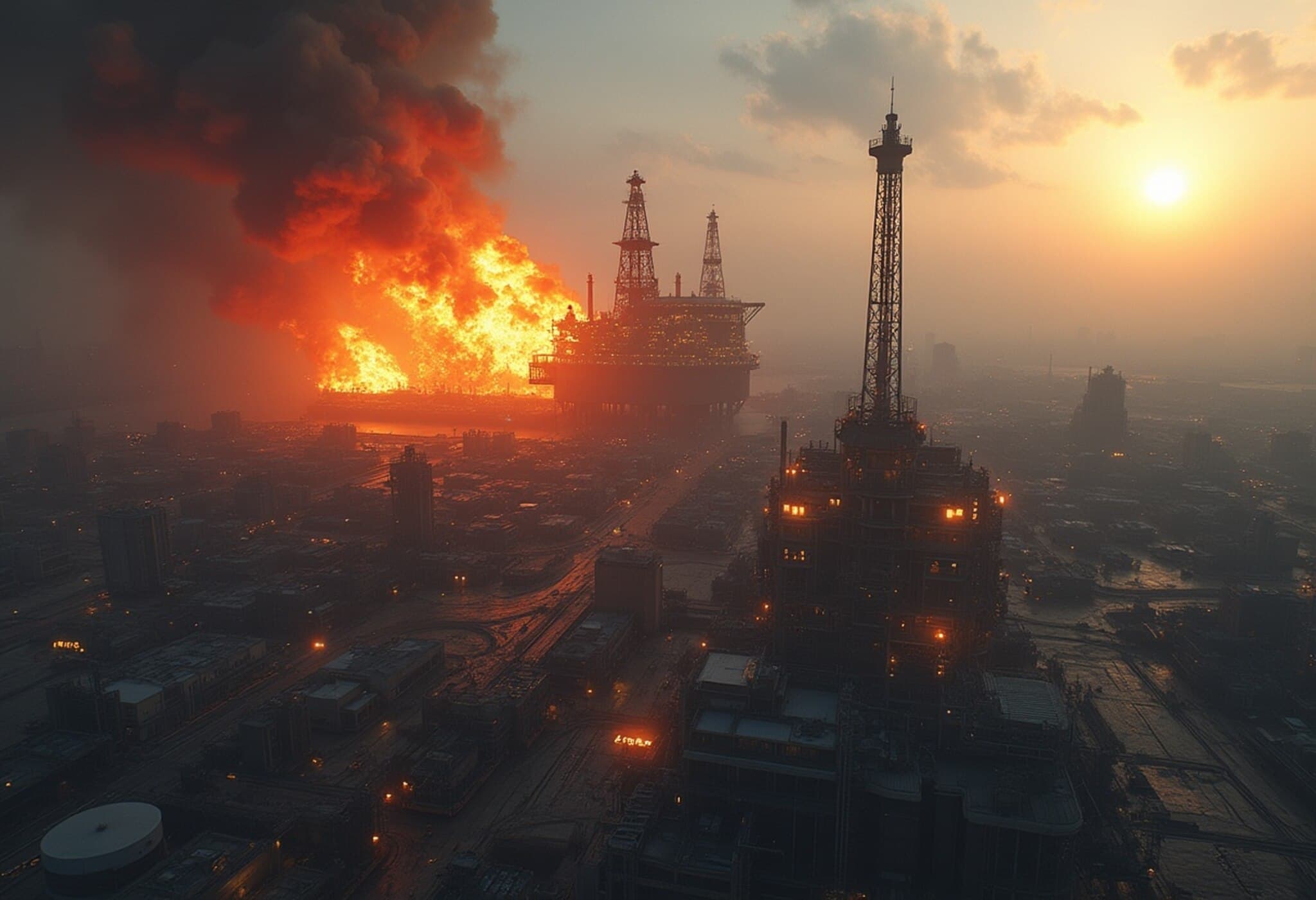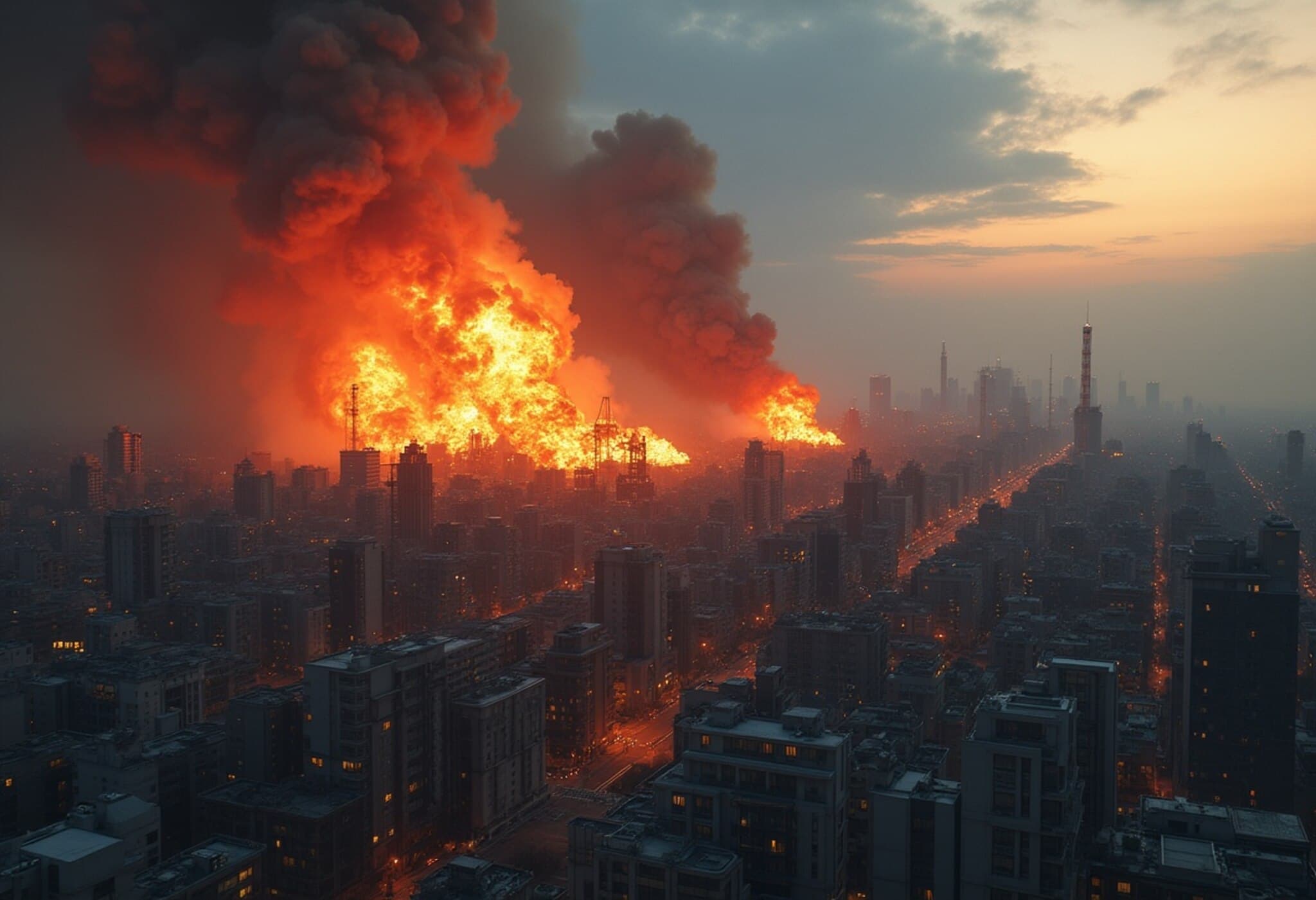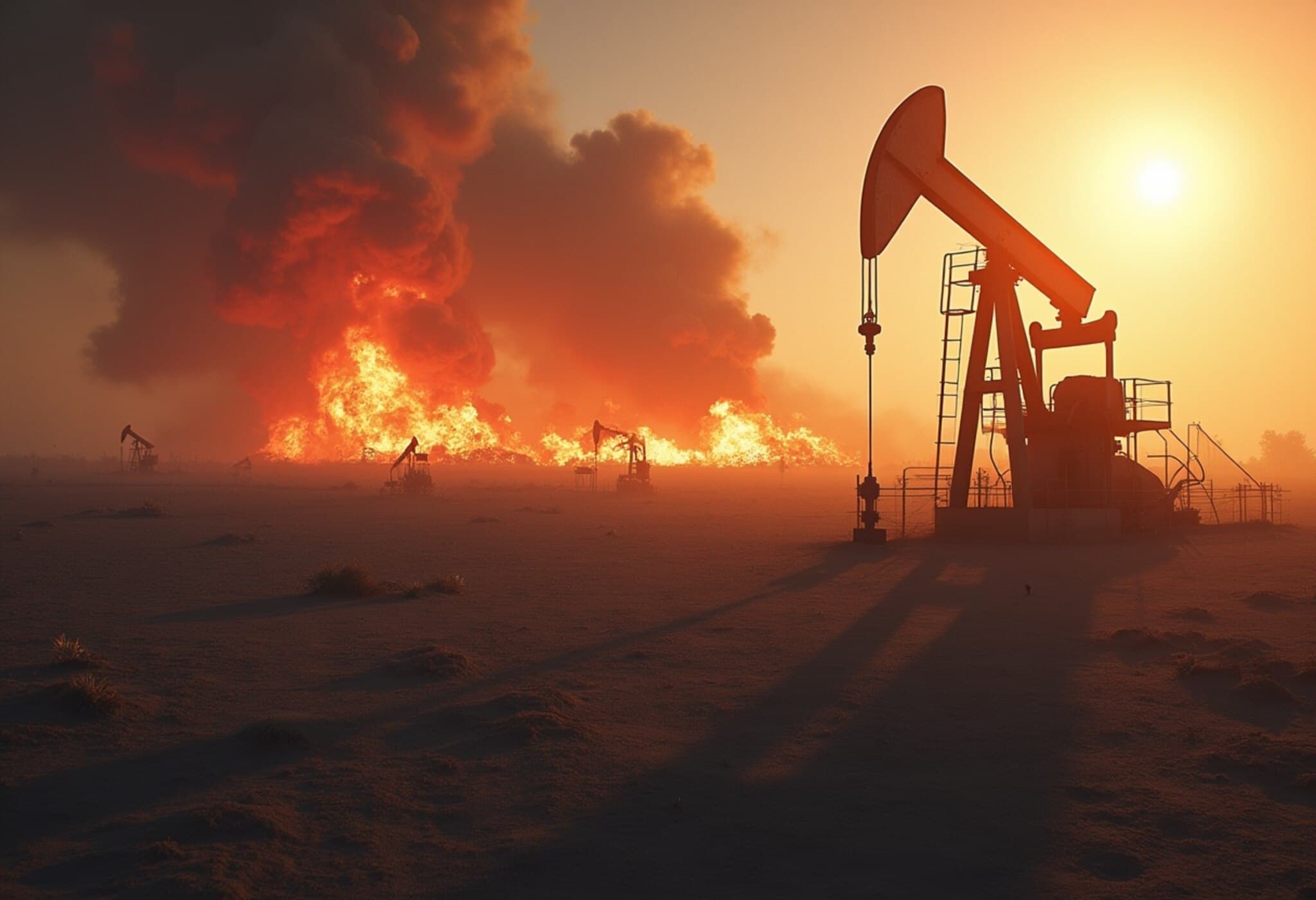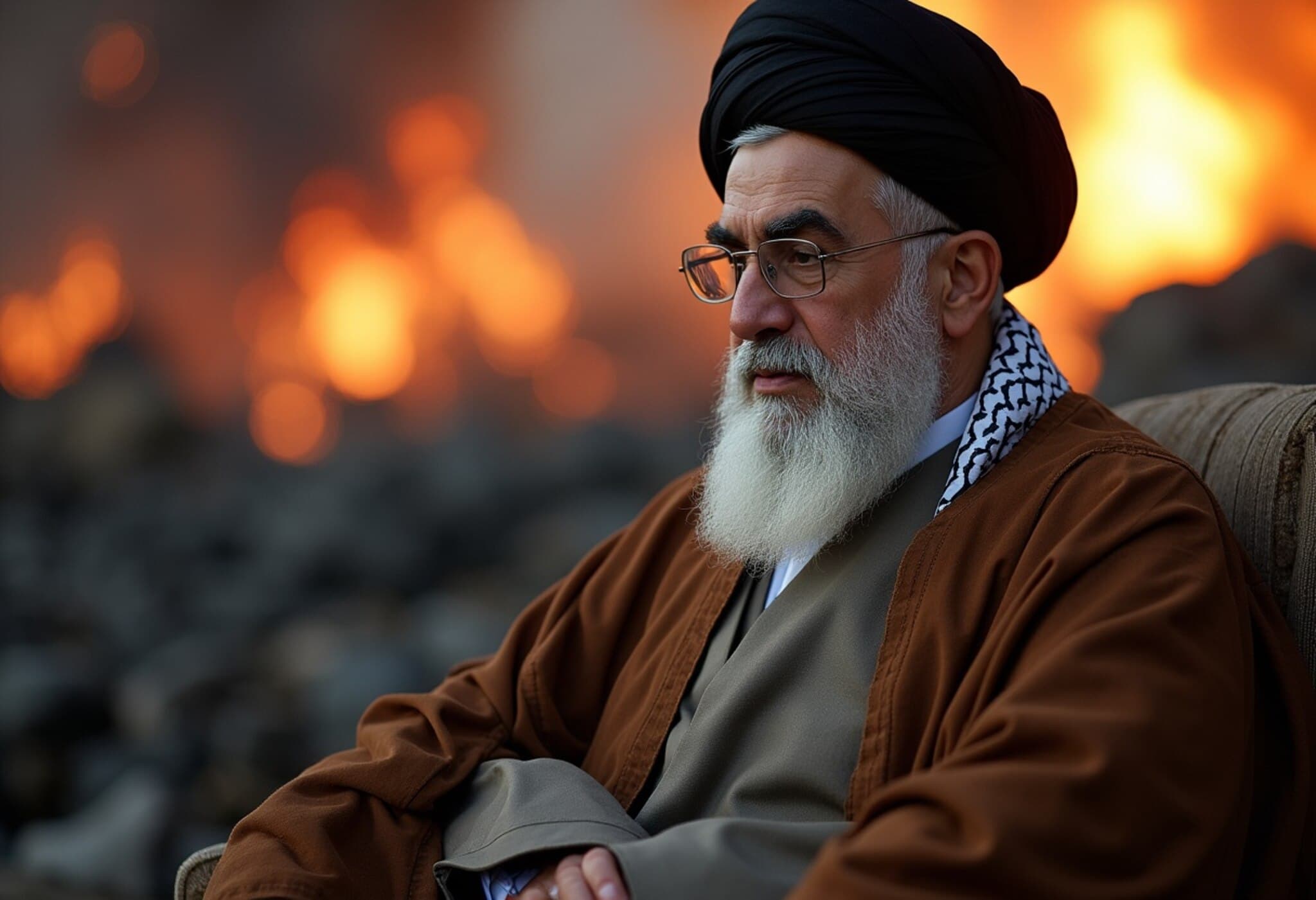A Critical Shift in the Israel-Iran Conflict
In a significant turn of events, the United States launched direct military strikes against Iran’s nuclear infrastructure on a tense Saturday night. Utilizing advanced B-2 Spirit stealth bombers and submarines, the U.S. targeted three key Iranian sites: Fordo, Natanz, and Isfahan. This marked the first time the U.S. took direct action against Iran amid escalating hostilities earlier in the month.
The Sequence of Events Unfolding Over 24 Hours
At approximately 7:50 p.m. Eastern Time, the U.S. President announced the precision strikes across the three nuclear facilities, emphasizing a call for peace despite the military escalation. Within an hour, officials confirmed that highly capable B-2 bombers carried out the attacks, striking deeply buried underground sites, especially at the Fordo complex.
The International Atomic Energy Agency (IAEA) swiftly responded by announcing an emergency board meeting to assess the situation and report on radiation levels. Fortunately, Iranian authorities have not detected any abnormal off-site radiation following the strikes.
International Reactions
- Israel: Expressed gratitude, with Prime Minister Netanyahu lauding the U.S. for a "bold decision."
- China: Condemned the airstrikes, labeling the attacks on IAEA-supervised nuclear facilities as unacceptable.
- United Nations: The Security Council convened to consider a resolution demanding an immediate ceasefire amidst rising tensions.
Meanwhile, the U.S. administration reiterated that the strikes were not intended to trigger regime change in Tehran, although the President hinted such an outcome could not be ruled out if Iran fails to reform.
Global Energy Markets on Edge
Following Iran’s parliament vote to close the strategic Strait of Hormuz—a vital artery for nearly 20% of global oil shipments—oil prices swiftly climbed. Brent crude approached $80 per barrel, while West Texas Intermediate neared $75 per barrel.
The U.S. Energy Information Administration describes the Strait as the "world's most crucial oil transit chokepoint." Although the final closure decision rests with Iran's national security council, the threat alone has unsettled global markets.
Analysts warn that any attempt by Iran to block the Strait, and subsequent efforts by Western forces to reopen it by force, could fuel market volatility and spikes in energy costs.
What Lies Ahead: Iran’s Potential Responses
Iranian officials have yet to announce specific retaliation plans but have warned that they "reserve all options". The country's Foreign Minister condemned the attack as "outrageous" with "everlasting consequences." Additionally, Tehran reaffirmed its commitment to advancing uranium enrichment, undeterred by international pressure.
Experts remain divided on the conflict's trajectory. Some speculate that if Iran opts for limited or symbolic responses, global markets might stabilize quickly, paralleling patterns from past Gulf conflicts.
However, should Iran target U.S. military installations or escalate aggression, the risk of a sustained regional conflict rises, keeping investors and governments wary.
Energy strategist Vandana Hari highlights the unlikelihood of Iran closing the Strait entirely, citing the economic self-harm and alienation from key partners such as China—a leading purchaser of Iranian oil.
In Summary
The U.S. airstrikes mark a pivotal escalation in the Israel-Iran standoff, shaking international diplomacy and global energy markets. While the full implications remain uncertain, world powers are bracing for possible Iranian retaliation that could reshape the geopolitical landscape in the Middle East.


